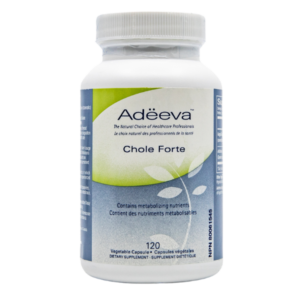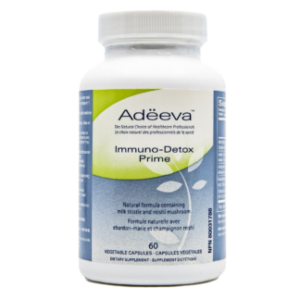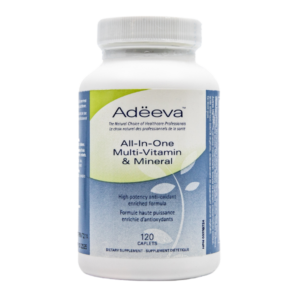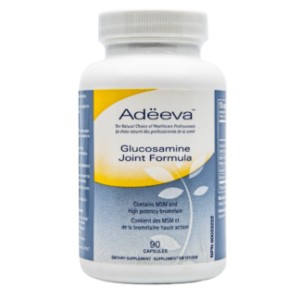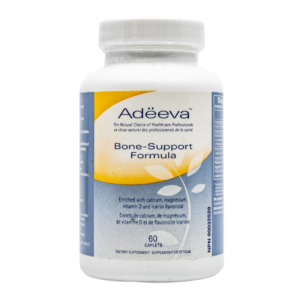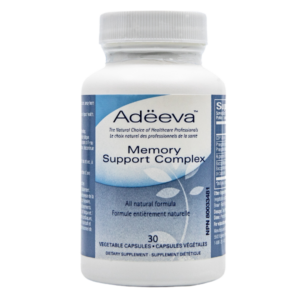
First Drug Shown to Lower Lp(a) in Heart Attack Prevention (Muvalaplin): A Game Changer
Source: JAMA (November, 2024)
Lifestyle Medicine Update (Dec 4, 2024)
You know that there is good cholesterol and bad cholesterol in your bloodstream right now. The good cholesterol is the HDL, which helps to remove cholesterol from the artery wall. The bad cholesterol is the LDL, which deposits cholesterol into the artery wall causing occlusion leading to heart attacks and stroke. But there are two kinds of the bad LDL-cholesterol. As a rule, most people can keep the common type of LDL in the safe range by following a diet that reduces or eliminates saturated fats, transfats, deep fried foods and high cholesterol-containing foods like organ meats and egg yolks. But there is another type of irregular LDL that much more genetically determined and less responsive to dietary and lifestyle changes. It is known as Lp(a) LDL cholesterol. It is a smaller LDL particle that more easily penetrates the artery wall and deposits cholesterol, and it also increases blood vessel inflammation and promotes abnormal clots. People with elevated Lp(a) LDL cholesterol are known to be at very high risk for heart attacks and other vascular problems.
Although reducing bad fats in the diet and keeping your blood sugar in the normal range, having normal blood pressure, and remaining fit, are still important for people with high Lp(a) LDL cholesterol blood levels, they are not sufficient in themselves to lower Lp(a) LDL into a safe range. So, the breakthrough study published JAMA in November 2024, offers tremendous hope for these high-risk individuals. In short, the study showed that the recently approved FDA oral drug, known as Muvalaplin, lowers Lp(a) LDL cholesterol by 75-85% in patients who previously had elevated levels, compared to those who took the placebo.
How Common is the Lp(a) LDL-cholesterol Problem?
About 1 in 5 people worldwide have high Lp(a) levels in their blood, or about 20% of the population on a world-wide basis.
Black individuals of African descent and South Asian populations often have the highest Lp(a) levels. By the time you are five years old your Lp(a) level is set and remains pretty much constant for the rest of your life. So this problem can be picked up early. A Lp(a) blood level of 50 mg/dL (125 nmol/L) or higher are shown to promote clotting and inflammation, significantly increasing the risk of heart attack, stroke, aortic stenosis and peripheral artery disease.
The goal is to have an Lp(a) that is below 50 mg/dL (125 nmol/L). So, in the November 2024 JAMA study (KRAKEN CLINICAL TRIAL), 232 individuals with Lp(a) levels greater than 175 nmol/L were given various oral doses of the drug Muvalaplin. The study showed that individuals given a dose as low as 60 mg/d showed a dramatic reduction (down to 124 nmol/L) within four weeks, and often showed a significant reduction within hours after swallowing the first dose. The drug Muvalaplin works by inhibiting the bonding of two proteins required to make the Lp(a) protein portion of this small form of LDL. Muvalaplin also lowered apo B blood levels by 16%, which is another important finding, as apo B is the protein that drives cholesterol deposition into the artery wall for both the regular form of LDL and the Lp(a), smaller version of LDL.
So, what should you do?
The next time you have your annual physical exam, ask your doctor to include on your blood panel, the test for Lp(a) LDL cholesterol, in addition to the other standard cholesterol and triglyceride tests. Remember that approximately 20% of the population is walking around with this important risk factor for heart disease and stroke and most are unaware of it. Now that we have a drug that can reduce Lp(a) blood levels, it makes good sense to see if you have this genetically determined risk factor, in my view. But for all of us, following a healthy diet and exercise program is always helpful, and remember that natural agents such as gum guggul and artichoke leaf extract can also help to reduce high cholesterol in most people. I have included the reference for the KRAKEN CLINICAL TRIAL in the text below, along with some other supporting literature.
References:
Nicholls S.J. et al. Oral Muvalaplin for lowering Lipoprotein(a): A Randomized Study. JAMA. November 18, 2024. https://jamanetwork.com/journals/jama/article-abstract/2826683
American Heart Association News Room (November 18, 2024): In a small international trial, novel oral medication muvalaplin lowered Lp(a). – American Heart Association Scientific Sessions 2024, Abstract. In a small international trial, novel oral medication muvalaplin lowered Lp(a) | American Heart Association
MedlinePlus: Lipoprotein (a) Blood Test. Lipoprotein (a) Blood Test: MedlinePlus Medical Test
Eat Smart, Live Well, Look Great,
Dr. Meschino
Recommended Supplements

Dr. James Meschino
ABOUT THE AUTHOR
Dr. James Meschino, DC, MS, ROHP, is an educator, author, and researcher having lectured to thousands of healthcare professionals across North America. He holds a Master’s Degree in Science with specialties in human nutrition and biology and is recognized as an expert in the field of nutrition, anti-aging, fitness, and wellness as well as the author of numerous books.
